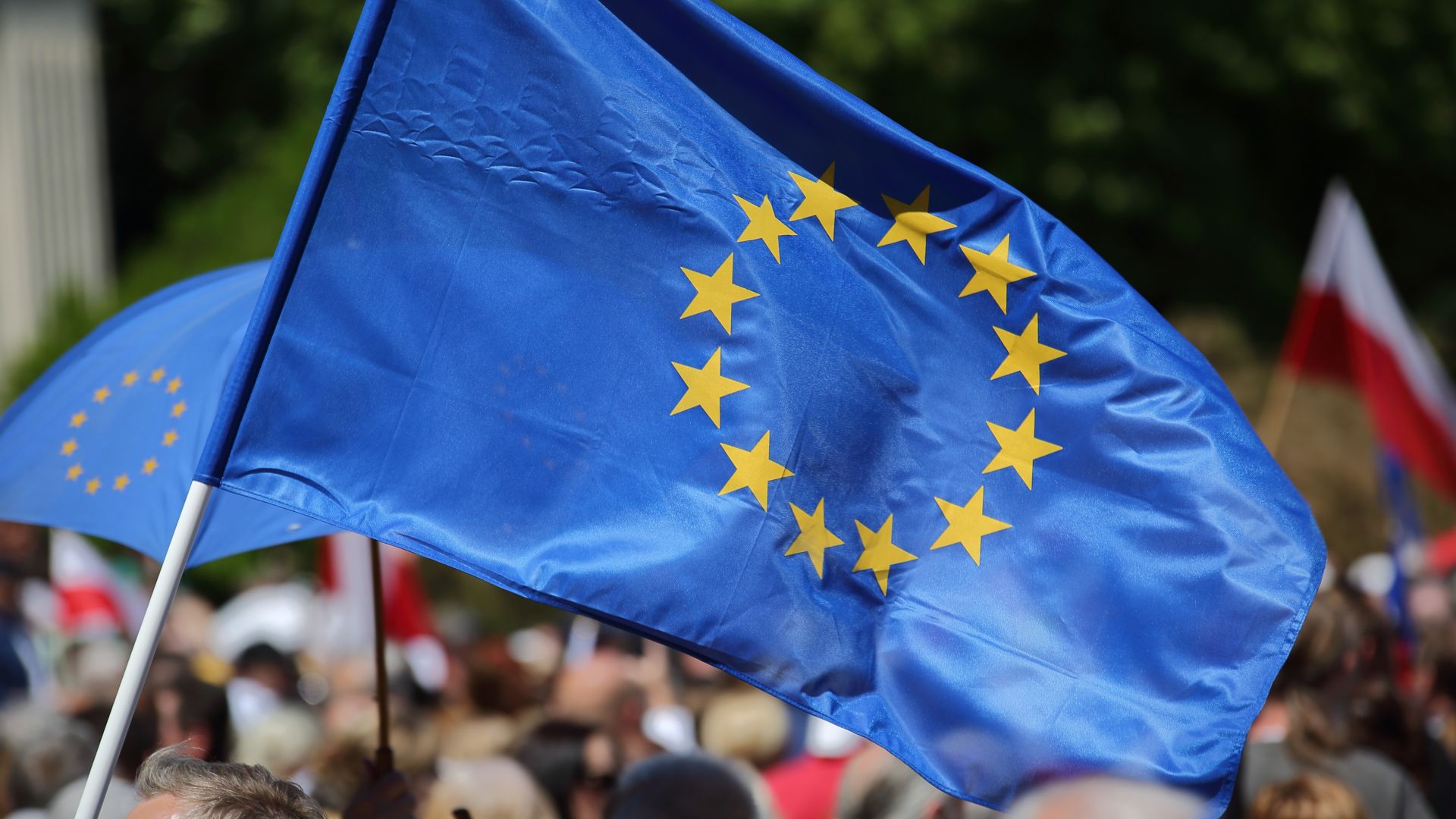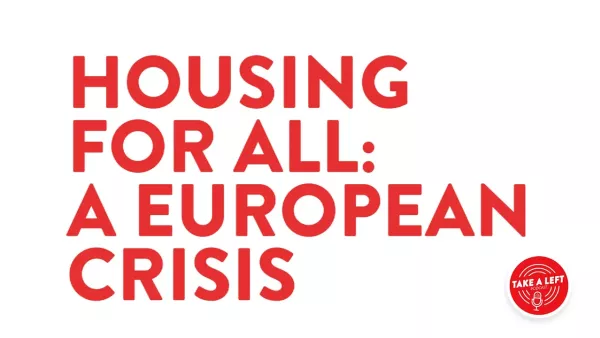The Socialists and Democrats in the European Parliament express deep regret over the Polish presidency’s decision to halt progress on the agreement regarding the coordination of social security systems in the EU (the so-called 883 file).
This decision impacts 14 million mobile Europeans who rely on fair and consistent rules across borders. Influenced by transport lobbyists, Polish Prime Minister Donald Tusk did not live up to his role as a committed European leader, blocking this reform that would help both Polish and European companies and workers.
Gaby Bischoff, S&D vice-president for social Europe and European Parliament’s lead negotiator on social security coordination, said:
"It is truly disappointing that after such a long and complex negotiation process – just as we were close to a breakthrough – the Polish presidency has chosen not to advance the file. This legislation is designed to support Polish and European workers alike, and its delay sends a troubling signal. Unfortunately, this is not the first time the process has stalled because of a change of mind in Warsaw — we saw similar setbacks in 2021.
"The Parliament’s negotiating team appreciates that the Polish presidency managed to gather support for a new mandate from EU member states. We were all the more disappointed, though, when we saw basically no real efforts from the Presidency afterwards, despite repeated calls for action from the European Parliament, the European Commission, and many member states. The postponement of scheduled meetings and a reluctance to engage in constructive dialogue have blocked any progress.
"We recognise these tactics and we are concerned about the broader implications. European cooperation relies on trust and shared responsibility. It is crucial that all actors resist pressure from divisive political forces or one-sided lobbying attempts that seek to weaken this unity — and instead work toward solutions that protect the rights of citizens across the Union.
“Despite these setbacks, we remain committed. We know the agreement is within reach, and we urge the upcoming EU presidencies to prioritise this file and bring it to a successful conclusion. We also call on the European Commission to maintain its active role in facilitating a balanced agreement. Mobile workers — from truck drivers to care workers and those in construction — play an essential role in our economies and societies. They deserve legal clarity and social protection. We must not let this opportunity slip away.”
Notes to editors:
Timeline of key milestones:
- January 2014: The European Parliament adopts a resolution on social protection for all, calling for a revision of EU legislation on social security coordination, dating from 2004.
- December 2016: The European Commission proposes the revision.
- December 2018: The European Parliament adopts its position for negotiations with the Council, representing EU member states. The co-legislators begin negotiations.
- Provisional agreements reached on 19 March 2019 under the Romanian presidency and on 16 December 2021 under the Slovenian presidency. In both cases, no qualified majority vote for confirmation of the provisional agreement in Coreper.
- September 2024: Regarding the screening of unfinished business exercise EMPL Coordinators decided to resume the file and continue the trilogue negotiations at the point where they failed taking into account the progress achieved during the 9th mandate.
- June 2025: The deal is within reach, but the Polish presidency blocks it – despite calls from EU institutions, social partners, and fourteen EU countries urging them in the letter “not to lose the momentum” and “to run the last mile”.
Why this legislation matters:
- It protects 14 million Europeans who live or work in an EU country other than their own – a number that is steadily increasing.
- It covers essential issues like unemployment and family benefits, and long-term care, guaranteeing more social security for workers moving from one EU country to another.
- It is key to safeguarding the free movement of workers, one of the pillars of the European project.
- The new legislation is necessary because national social security systems differ significantly. Article 48 of the Treaty on the Functioning of the European Union allows for coordination, but not harmonisation.
- The existing legislation must be updated to reflect changes in the labour market, national systems, and relevant European Court of Justice law.











